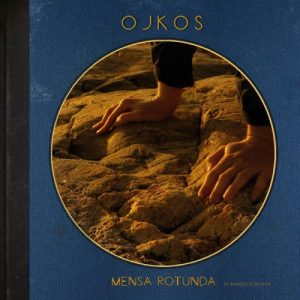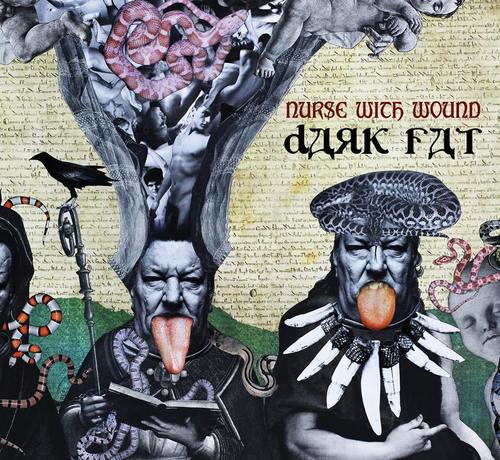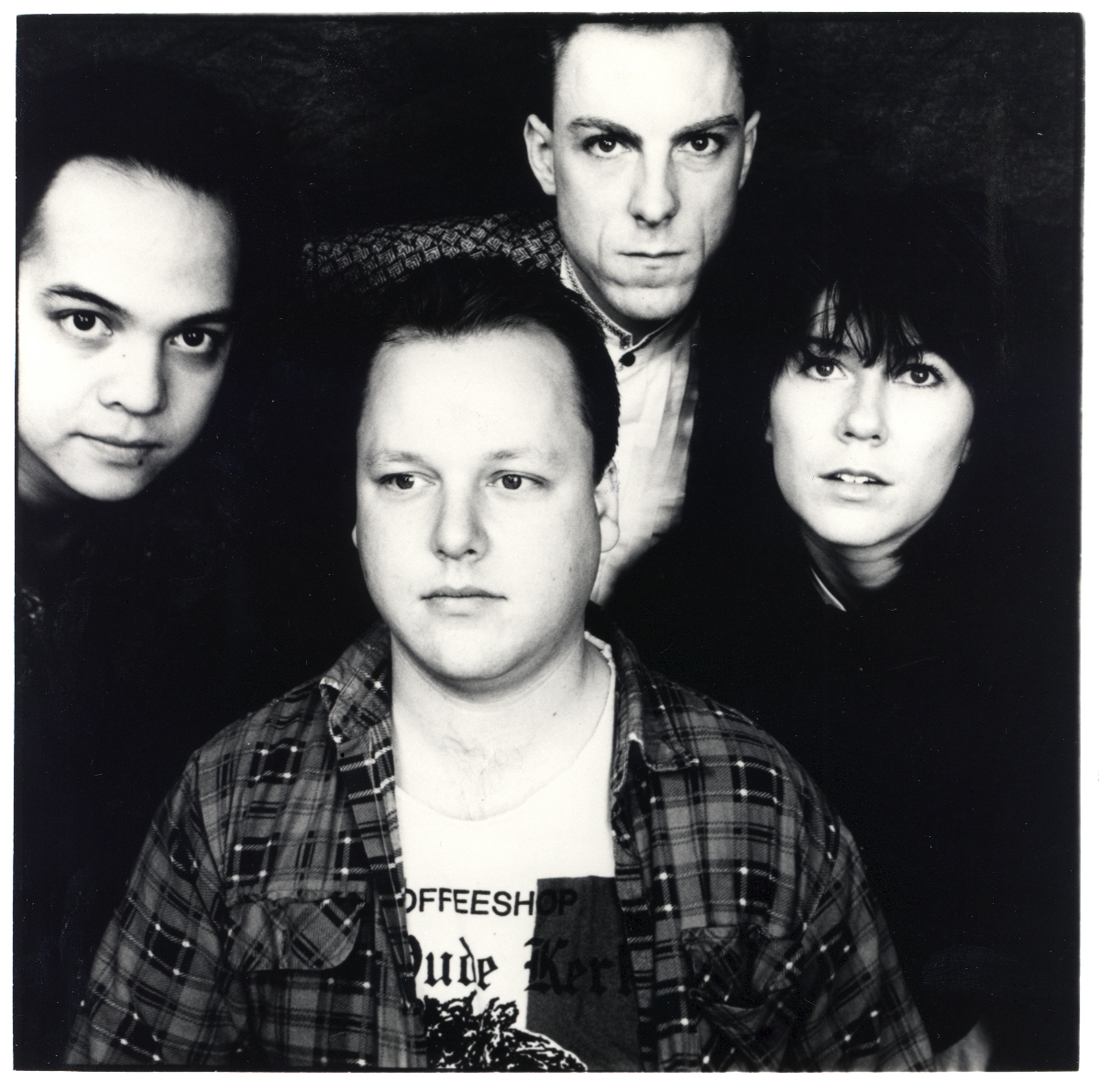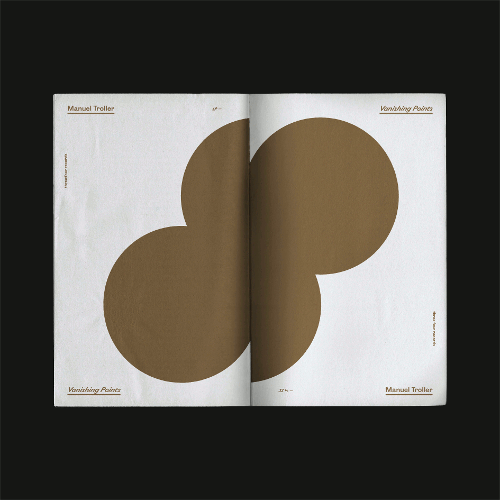 The latest release from the fourteen-piece OJKOS is an absolute joy, with its agility and pace really belying the group’s number.
The latest release from the fourteen-piece OJKOS is an absolute joy, with its agility and pace really belying the group’s number.
It is beautifully summery with a tropical beat to opener “Safari Sundowner” that allows flute, glock and horns to shift and turn at will. It seems a far cry from Scandinavia, its sunny uplands shimmering with the arcs of Henriette Eilertsen‘s flute. Even Eivind Helgerød‘s cute little drum breaks can’t fail to put a smile on the face.
At other times, it is pretty soully with the toe-tapping, life-affirming “Drosa Is Real!” one of the most infectious things I have heard for a while. As the ten tracks here scramble over themselves, all players seem to have an opportunity to link with one another, giving each piece a unique combination; Lyder Roed‘s dreamy trumpet sashays with Knut Mesheim‘s vibes with such lightness it almost drifts away.Slinky rhythms, duets for trumpet and bass, a touch of Django Reinhardt guitar, it is all here and although the tempos are not urgent, they still have somewhere to be. You imagine them spinning around just for the sake of it as if the are en route to a carnival or because playing is the most pleasurable thing they have to do; this album has that sort of atmosphere.
There is the odd touch of contemplation though to give the listener some respite; “Morgon i Novgorod” is almost oriental in its opening, but descends into a reel, and quite a few of the pieces find the baton being handed over from one player to another midway through, giving all instruments an opportunity to lead and that is only a good thing. There are so many involved but no one has the lion’s share. Henriette’s flute is highlighted fairly often, but her playing and Andreas Rotevatn‘s writing is so varied, moving as it does from up-tempo gadabouts to textural sketches, that nothing ever outstays its welcome or becomes caught up in its own importance. There is even a slightly free outburst towards the end of “Einsemdi” which gives pause for thought, even with its gently propulsive percussion.Towards the end, the twin pieces “Fjordingen I and II” really turn the screw with the interplay fast and precise, a cyclical fascination that hints at house but is filled with unfettered joy. The players chase one another, dizzying in their directional changes, an irresistibility that just shines through. By the time final track “Lancelot and Guinevere” arrives, its hint of Dave Brubeck in rhythm and sax phrasing allowing a more settled mood, we are ready for some respite. But even then it drifts somewhere else, with a Hawaiian guitar crescendo drifting into a crying refrain and finally they are ready to relent.
The album little is Latin for round table and describes the democracy that is spread across the album. Even though all the pieces were written by trombonist Andreas, the equality shown to all the players means it is one of the richest and most vibrant albums you can experience. The sheer exuberance shown by all the players is really something.-Mr Olivetti-



